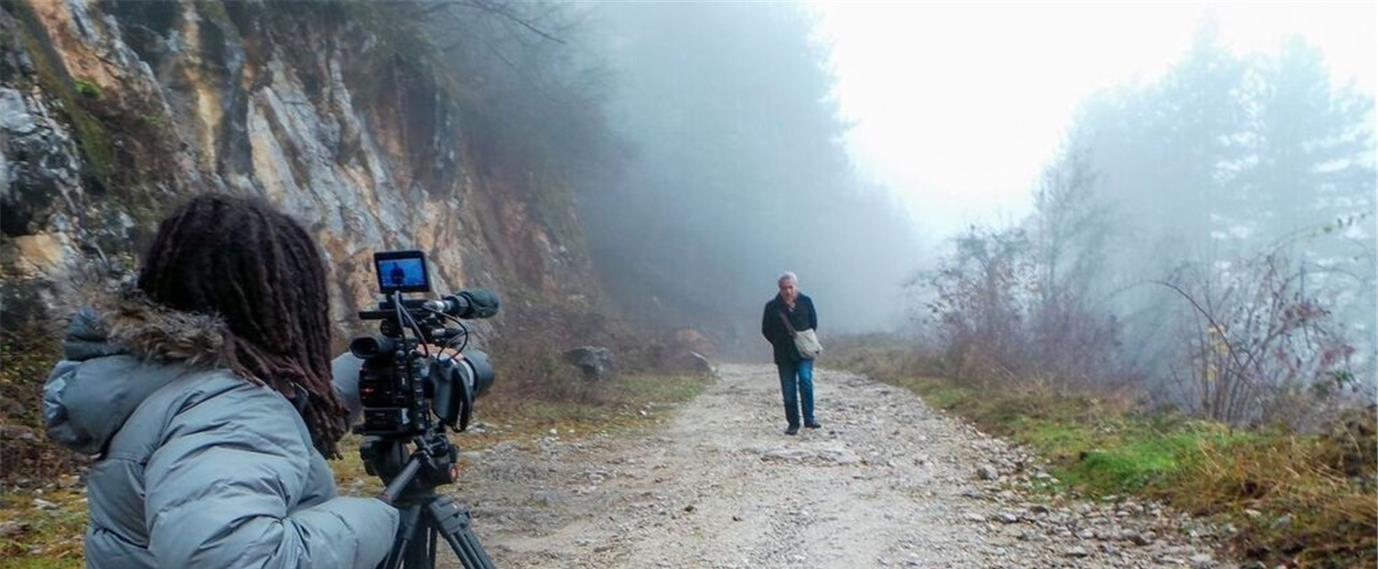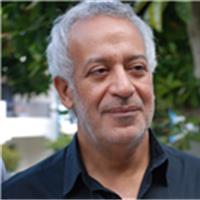عزيزي الشاب المتحمس جدا للحاق بمهنة "صانع أفلام وثائقية".. حماسك جميل، لكن رغبتك في استيعاب أدوات هذه المهنة في أقصر وقت ممكن وبأسرع وسيلة، هي مصدر القلق.
أفهم أن البعض أقنعك أنه بوسعك ذلك عن طريق كبسولات سريعة الهضم تسمى دورات تدريبية، وأفهم أيضا أن بعض منظمي هذه الدورات يشارك في نشر هذه المفاهيم، سعيا لزيادة عدد المتدربين، ويوهم المتقدمين للتدريب بأن الغاية يمكن تحقيقها في خمسة أيام هي عادةً مدة الدورات التي تعد لصناعة الفيلم الوثائقي.
أتفهم ذلك كله، ولهذه الدورات بلا شك أهميتها ودورها المعتبر، وأنا شخصيا أشارك في تقديمها، لكن لا يمكن لدورة واحدة أن تحقق هذا الهدف، بل إن المشاركة في عدة دورات –لا في دورة واحدة- تبقى واحدة من أدوات استيعاب هذه المهنة وغيرها. وهناك أدوات كثيرة يجب الأخذ بها لخوض غمار العمل في صنع الوثائقي.
نقطة البداية تبدأ عندك أنت.. أن تسأل نفسك أولا: لماذا اخترت الوثائقي لتتعلمه؟ ما الذي يغريك به حتى تسعى للتخصص فيه؟ والأهم، ماذا تريد أن يكون دورك بالتحديد، هل أنت المخرج أم الصانع أم المونتير أم الباحث أم حتى المنتج؟
لا بد أن تختار الدورة التي تريدها بحرص شديد، أن تدرس جيدا الهدف المعلن منها، أن تتعرف إلى زملائك المشاركين، حيث يمثل تعدد مستوياتهم وتضارب أهدافهم عائقا في نجاح الدورة، بل عليك أن تتعرف إلى شخص المدرب مهنيا، فالفيلم الوثائقي له مدارسه المتعددة، ولا يمكن حصره في مفهوم واحد أو مدرسة واحدة، ولكن يمكنك أن تختار أقربها إليك، فالمدرب لن يخبرك عن قوانين صارمة كأنها حقائق علمية، وإنما سيحكي لك رؤى ومفاهيم في صناعة الوثائقي.
وقد يكون من المفيد أن تتأكد أن المدرب له خبرة في صناعة الفيلم الوثائقي، خبرة عملية، أن يكون نزل إلى الأرض ومارس المهنة وواجه عقبات وفشل ونجح، وأدى أعمالا جيدة وأخرى سيئة، وأن خبرته ليست محصورة في الكتب والنظريات.
عليك أن تدرك أنك مقبل على دورة تدريبية لا على محاضرة جامعية تتلقى فيها دروسا نظرية عن الفيلم الوثائقي، ومن ثم يجب أن تكون مستعدا لتمارين وتجارب عديدة من المفروض أن المدرب قد أعدها لك.
ثمة عمل مهم يجب أن تنجزه قبل الدورة استعدادا لها، قراءة واستطلاعا عن مفهوم الفيلم الوثائقي وتاريخه وأنواعه، قراءات عامة متعددة. وثمة عمل مهم آخر أثناء الدورة التي لا يعتمد نجاحها فقط على إمكانيات المدرب، وإنما على تفاعلك أيضا معه، وعلى أدائك خلالها، فالاكتفاء بدور المتلقي لن يؤتي بالثمار المطلوبة، والمطلوب هو التفكير والسؤال وعمل التمارين الضرورية، وإزعاج المدرب بكل ما يختلط عليك فهمه.. إضافة إلى عمل مهم عليك إنجازه أيضا بعد إتمام الدورة، وهو التجريب والممارسة بأي إمكانيات متاحة لديك، خصوصا أن التقنية الحديثة تساعد في ذلك كثيرا.
من أين أبدأ؟
بعد الدورة، سيتكشف أمامك الطريق، لكنك ستدرك أنك بحاجة إلى دورة أخرى، بمواصفات أخرى وبمستوى مختلف، وأن الطريق ليس مستحيلا ولا معقدا، وإنما هو سهل جدا إذا ما امتلكت الرؤية لما تريد، والعزيمة لتحقيقها.









































